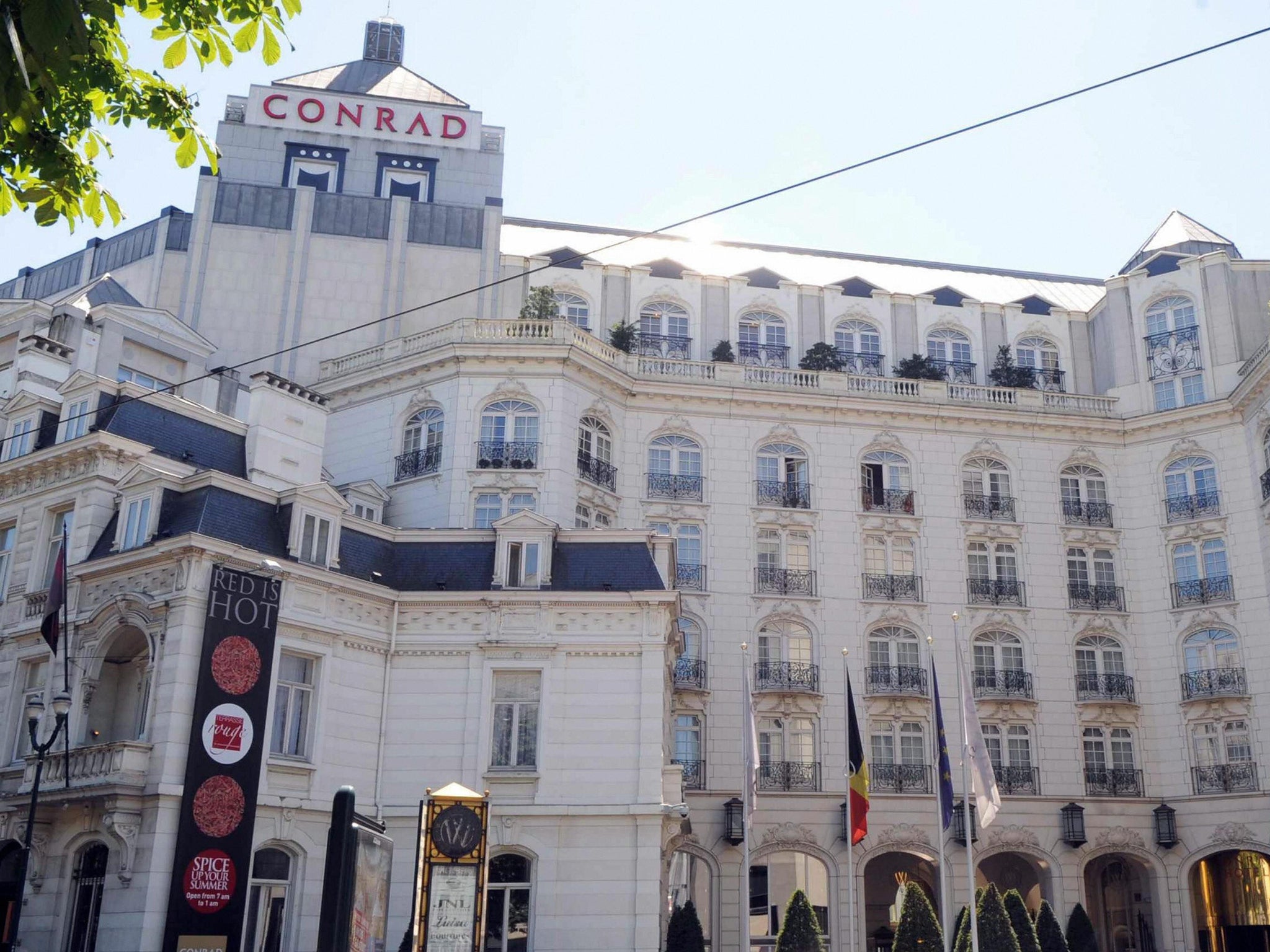Eight UAE princesses to go on trial in Belgium over 'inhumane' treatment of servants
Shekha al-Nahyan and her seven daughters have been accused of smuggling employees without visas and leaving them without food or a bed

Eight princesses are facing trial after they were accused of trafficking servants into Belgium and treating them in an "inhumane" way.
Princess Sheikha al-Nahyan and her seven daughters, from the United Arab Emirates (UAE), travelled to Belgium regularly and brought with them at least 20 servants, all women, to wait on them hand and foot 24 hours a day.
One servant went to the police after escaping from the luxury suite in the Conrad Hotel in Brussels where the princesses were staying in 2008.
She claimed her and her peers were working long hours, sometimes without enough food, did not have beds to sleep on and were not in possession of visas, Deutsche Welle reports.
Belgian police launched an investigation and found the women were living in "inhumane conditions".
The eight princesses have now been accused of violating labour laws and human trafficking.
The case could have far-reaching consequences, not least because the al-Nahyan family is one of the most influential families in the UAE.
Sheikh Mansour bin Zayed al-Nahyan, a member of the ruling family of Abu Dhabi, is the owner of Manchester City football club.
According to the German broadcaster, the royal's family lawyers claimed the police violated the princesses’ rights by searching their hotel room and a nine-year legal battle followed.
Speaking to Deutsche Welle, Patricia LeCocq, spokeswoman for Belgian human rights organisation Myria, said: "The servants were not paid, they worked day and night and had to sleep on the floor. The princesses shouted at them and abused them continually.”
She said the Belgian court had the chance to set a precedent.
"If the court decides there is enough evidence to support a charge of human trafficking, the accused may have to pay compensation to their employees and may even face a prison sentence.
"But the problem is that this case is already several years old. Even if the princesses are convicted, chances are the verdict could be very mild,” she said.
Earlier this year, a similar case was heard by the European Court of Human Rights after a family from Dubai brought three servants from the Philippines to Vienna and were allegedly working around the clock without being paid their agreed wages and were physically and emotionally abused and threatened.
They reported the case to Austrian police and claimed their employers took away their passports, ill-treated and exploited them.
But in its ruling, the European Court of Human Rights concluded despite authorities having taken all necessary steps as part of the investigation, a trial would “not have any reasonable prospect of success”.
The court said there were no mutual legal assistance agreement between Austria and the UAE and that the alleged victims reported the case to the police about a year after the events, when their employers had long left the country.
The defence lawyers for the eight princesses have argued that an agency provided the employment contracts for the alleged victims and took out their health insurance, suggesting the company should be the ones facing the legal action.
Stephen Monod of the Paris Bar, representing the princesses, said the stories of the alleged victims "do not hold up". He said it was implausible for the servants to claim they had to change sheets and do laundry, given that was the job of hotel staff.
"Also, when I hear that their passports are being confiscated to prevent them from circulating freely, I reply that this is not true. Do you think that the family was afraid that they would go away? It would not have been difficult for them to have found staff in this type of work," Mr Monod said.